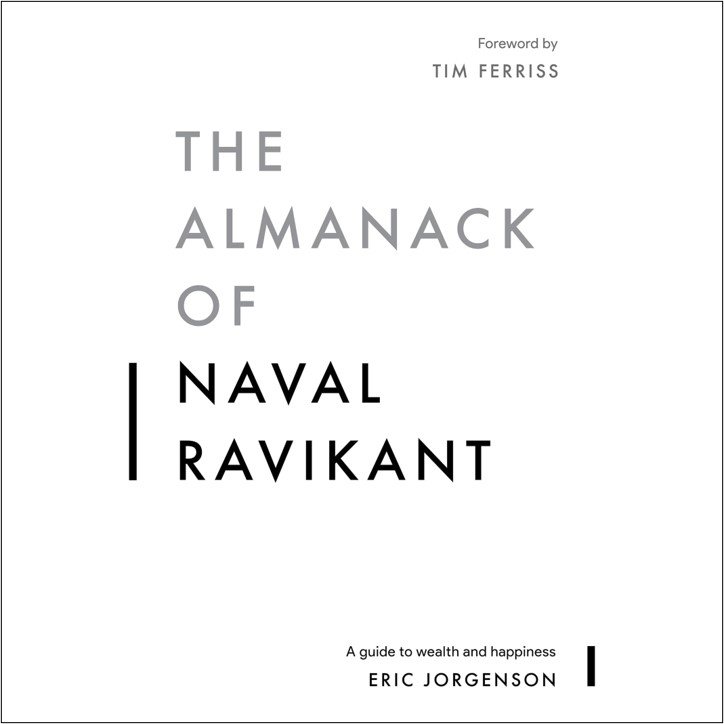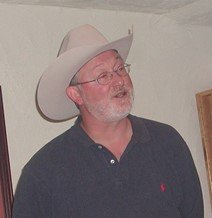2 minute read
Portsmouth, NH
When it comes to high-performing EOMs, can we acknowledge there is almost always an entanglement of creative energy, eccentricity, genius, and often, an absence of “agreeableness”?
Why, when we meet a young would-be entrepreneur on the way up, are we so often skeptical of their own view of their possibilities? We shake our finger, counsel caution against arrogance, and mutter, “you’re not as good as you think you are”? Don’t we often disapprove and chatter, aiming to round off what we see as her edges? Yet, when that same genius “makes it” as an entrepreneur, ironically, we venerate her and turn her into a celebrity? What is it about EOMs trying to discover and unlock their potential that threatens the mass popular culture so much?
I met two sisters recently who co-own a large, successful, technology-enabled design business. The older one, whom I will call Julia, is an easy going 42-year-old. She is always composed, laugh lines around the eyes, quick to agree, well put together, quick to smile, a person you would love to have at a kid’s soccer game or a weekend cocktail party.
The younger sister, whom I will call Kris, is so bright you are certain you see sparks around her head. She is a little less perfectly coiffed than Julia, slower to agree, voluble, articulate, passionate, impatient. She sings in a rock band at night. She speaks fervently and at high speed about the future potential of their enterprise. She seems completely confident that they will achieve the highly ambitious goals they’ve set for themselves. Her sureness does not cross into arrogance but… there is a certain swagger which wouldn’t be mistaken for humility. Had they ever reached the goals Kris was outlining before? Hell no!
Julia is agreeable.
Kris gets stuff done. She leads. She’s proven she is a high performer, game changer many times in her 40 years, yet as a culture we criticize this kind of person as arrogant or lacking humility. Sure, she can be achievement obsessed and a little wild eyed, dives into new domains, and remembers things quickly. She’s incredibly impatient if you don’t. Kris is excited for perpetual learning. It’s hard to keep up with her. She frequently exhausts everyone around her. Her greatest teacher has been “doing.”
Kris has that alchemical combination of DNA, upbringing, childhood trauma (and her response to it) that we call Unique Ability®*. By the time she was 13 it was baked into her personality and identity. It took her until she was 30 to realize it was an incredible strength. Since then, in fact, she’s been honing it.
Yet on the way up, as she was in the process of self-discovery of her potential, had a few big failures, a few modest successes, built her self-efficacy and self-confidence, we criticized her for not being humble. So, let me ask you: why do we and our popular culture try to tamp down the characteristics we see in a young Kris when she hasn’t “made it” (yet)? Why do we try to lower her expectations of herself? Then, ironically to top it off, when someone like Kris flourishes, we revere her, talk about her, quote her endlessly, she becomes a cultural icon, we make her a celebrity. What?!
What does it say about us when we behave that way? What are we afraid of?
No one can compete with Kris on being Kris. Kris was doing effortlessly what Julia could never do.
How about this idea? Let’s encourage the next Kris we see.
“If you treat an individual as he is, he will remain how he is. But if you treat him as if he were what he ought to be and could be, he will become what he ought to be and could be.”
― Johann Wolfgang von Goethe
*Unique Ability® is a registered trademark of The Strategic Coach Inc. All rights reserved. Used with written permission. www.strategiccoach.com
What I am Reading / Listening to
The Almanack of Naval Ravikant (2020)
By Eric Jorgenson
This unusual book is a collection of the writings (mostly tweets, tweetstorms, comments from podcasts, essays) of start-up investor Naval Ravikant. The book and its audio version are both free in every form and you can access it here.
I have followed Naval’s work (founder of Angel List— investor in all of the Silicon Valley unicorns) for years and listened to everything on podcast with and about him, that I could find. Let me make a bold statement that I have never made about anyone else ever: I agree with everything that I have ever heard Naval say. When someone asked me a question about my personal investment barbell recently, I just said “Read Naval Ravikant and you will understand everything about me.” It’s inspiring when you find someone who is able to articulate or write thoughts that are literally only fleeting in my head.
Please don’t misunderstand me, this book is not great literature, in fact in some ways it’s almost just a collection of aphorisms. There is a foundation of stoicism, skin in the game from living in the Entrepreneur Owner-Manager world as opposed to the Bureaucratic World, huge insight and wisdom on a healthy life psychologically and physically, a sharp perspective on essentialism. Naval doesn’t ramble, he gets to the point in a forceful convincing way.
I wish we could make this required reading for every high school senior.
Entrepreneur Owner-Manager Quote
“Going through this process was a very difficult personal experience. Bigelow understood my desire to keep the company intact and protect our employees, yet they also were able to satisfy each of our Board members' financial objectives.”
-Kevin Schinze, Former Chairman, President & CEO of Phoenix Scientific, Inc.
Energy Creation
Goals and Goal Setting
Contributed by Stephen R. McGee
There are literally hundreds of books on goals and goal setting, and I’ve read most of them. And for many years I was “all in” on the idea of setting personal and professional goals, sometimes quarterly and other times annually. And I tracked my performance against those goals maniacally. Until this year.
Why the change? I was finding that my actions and behaviors were all geared to achieving my goals, but there was little joy that came with it. Go for that 6-mile run at 6am so I can check the box that I worked out every day that week. Force myself to read that book that I don’t quite like so I can check the box that I read 2 books this month. Listen to the entire audio edition of The Economist when I don’t really have the time (it’s OK I’ll listen to it on my 6-mile run). When the goals themselves became the driver, and not the activity itself, I asked myself the question: “are the goals helping me or hurting me?”
So, I started 2021 with no written goals. No documented objectives that I could hold myself accountable to. A new experiment. My new goal was to have no goals.
I’m writing this in April and so I have survived the first quarter of my new world. Ordinarily I’d be checking my actual performance against my goals right now. But instead, I’m writing this piece and my initial conclusion is, having no goals actually works (for me). I’m still working out almost every day and I’m still reading 2 books a month (maybe more) for example. But I am doing it because I want to, not because I need to check a box. AND I am experiencing much more joy. I also dropped some things from my “rotation.” No more Economist, deleted a few podcasts I used to subscribe to. No more feeling guilty that my podcast library was filling up because I was spending all my time listening to The Economist.
None of this is surprising. Most of the literature on goal setting points out the downfalls of being too rigid, the dangers of feeling negative emotions if goals aren’t met, or the trap of adjusting goals so they are easily achieved. The lack of joy that can result from being too maniacally focused.
It’s nice to go for a run because I want to. It’s nice to read a little more fiction and not so many business books. It’s nice to do things because I want to, not because I feel like I have to. I’m curious to see how the rest of the year plays out. So far, the experiment seems to be working. Maybe I’ll end up with some kind of hybrid solution—a goals “light” version of my prior self?
One thing is for sure—whatever I end up doing, it will be filled with joy.





